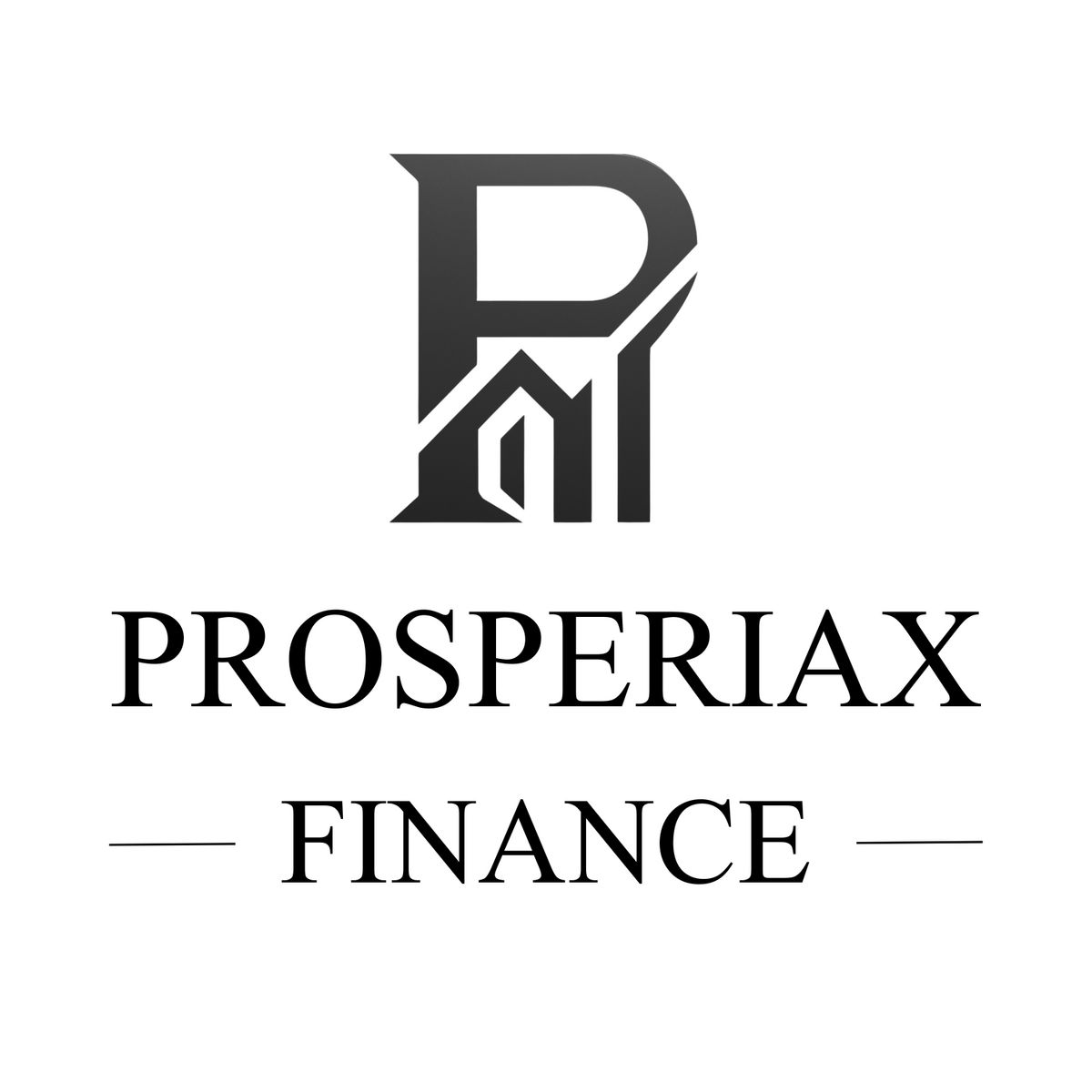Why infrastructure, productivity, and capital discipline make this cycle different.
Everyone seems convinced we’re in an AI bubble. The word mania has become shorthand for anything with a semiconductor in its supply chain. Maybe that’s true. But the evidence doesn’t fit the narrative. What’s happening in artificial intelligence today feels less like a speculative surge and more like a structural realignment.
Unlike past technology booms, the infrastructure is already real. Data centers, power grids, and chip foundries aren’t concepts on a pitch deck — they’re being built at record scale. McKinsey estimates that global infrastructure tied to AI — from cloud capacity to energy expansion — could reach nearly $7 trillion in cumulative investment through 2030. That’s not hype; that’s physical build-out. Capital is flowing into tangible capacity, not slogans.
At the same time, productivity gains are starting to show up in the data. According to the OECD, controlled studies across industries have measured efficiency improvements of 5% to over 25% in tasks that incorporate generative AI. It’s incremental, not revolutionary, but compounding efficiency is the quiet engine of valuation support. In the dot-com era, companies promised productivity. In this one, they’re beginning to measure it.
And despite all the headlines, capital discipline remains intact. Venture funding is concentrated in firms with real market traction, and public valuations are still anchored in earnings. The flood of speculative capital that defined 1999 simply isn’t here. Investors are chasing margin leverage, not user counts, and even the largest AI players face pressure to show operating profitability. That restraint — rare in a hype cycle — is precisely what keeps a boom from becoming a bubble.
This is not to say AI won’t correct; every major technology wave does. But corrections don’t define bubbles — fragility does. When real assets, measurable productivity, and disciplined capital coexist, what you have isn’t euphoria. It’s the foundation of the next industrial platform.
—
Education, not investment advice.
Sources:

